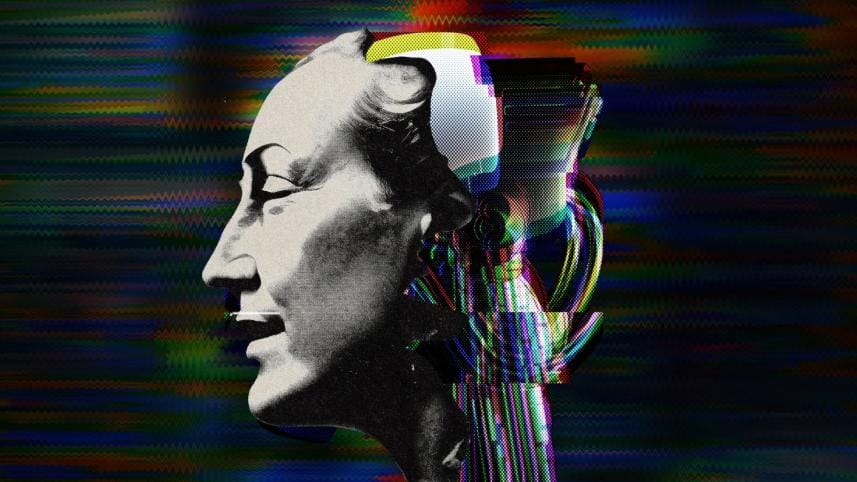Will AI turn human? Nvidia thinks so

Nvidia vice president Masataka Osaki has projected a future in which artificial intelligence (AI) takes on a distinctly human form, with support from Japanese manufacturing technology. Speaking at the Global Governance Dialogue in Tokyo on Monday, Osaki outlined the evolving role of AI, stating that its advancements will encompass not only humanoid creation but also integration into real-world operations. The conference, co-organised by Nikkei and the Swiss business school IMD, focused on the impact of emerging technologies on global governance and economy.
According to Osaki, the development of humanoid robots—machines capable of performing complex human-like tasks—could become the next significant leap for AI. Nvidia, a leader in AI-driven chip technology, sees Japanese manufacturing as a crucial partner in this sector's advancement. Japan's contributions, particularly in precision components and robotics, are anticipated to drive both the sophistication and applicability of humanoid AI in various industries.
Projections for the humanoid robotics market reveal significant growth, with estimates suggesting an increase from approximately 3,500 units this year to 1.4 million by 2035. This surge could bring the market value to $38 billion, fuelled by demand for robots capable of human reasoning and movement in industrial and service sectors.
Nvidia's insights align with investment trends in the supply chain, as components vital to robotics, such as high-end harmonic drives, are increasingly sought after. Companies like Harmonic Drive Systems, with its niche in high-precision robotic drives, are positioned to play a critical role in this emerging market.


 For all latest news, follow The Daily Star's Google News channel.
For all latest news, follow The Daily Star's Google News channel.
Comments